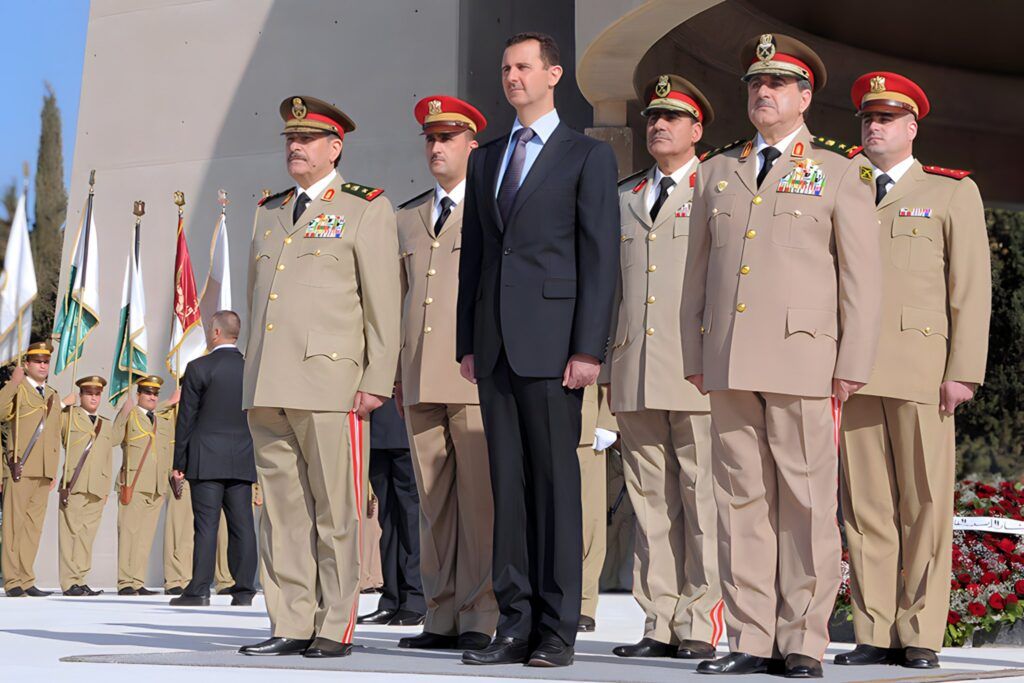
In a stunning turn of events, President Bashar al-Assad’s regime has reportedly collapsed. Streets across Syria are alive with celebration as thousands of citizens, weary from years of war and repression, gather to chant slogans of freedom and hope. From Damascus to Aleppo, the atmosphere is electric, with Syrians waving flags, lighting fireworks, and embracing what they see as a long-awaited victory.
“This is a dream come true,” said an eyewitness in Homs. Similar sentiments are being shared widely on social media platforms like Twitter, where videos of jubilant crowds and heartfelt messages are rapidly circulating. One user tweeted, “Years of fear are over. Today, Syria is reborn.”
A Decade of War and Devastation
The fall of Assad’s regime follows years of devastating conflict that began in 2011 with peaceful protests against his rule. The war escalated into a multi-front proxy conflict involving global powers, leaving over half a million dead and millions displaced.
Opposition groups such as Hayat Tahrir al-Sham (HTS) played a pivotal role in the regime’s collapse. Abu Mohammad al-Jolani, HTS’s leader, recently reiterated the group’s primary goal: overthrowing Assad’s authoritarian regime. “This is a victory for the people of Syria,” he declared in a widely shared statement. HTS, which controls parts of northern Syria, now faces the challenge of maintaining stability in a fractured nation.
The Afghanistan Parallel: A Stark Warning
While Syrians celebrate this turning point, some fear the aftermath could mirror Afghanistan’s grim reality. Following the U.S. withdrawal in 2021, the Taliban took power and imposed severe restrictions on women, including banning girls from higher education and excluding women from public life.
With extremist groups like ISIS playing a role in Assad’s downfall, there are concerns about a similar trajectory in Syria. Without a unified and inclusive governance plan, the nation risks slipping into chaos, with vulnerable populations, especially women, bearing the brunt.
The Role of International Players
The international community, already deeply involved in the Syrian conflict, will play a critical role in shaping the country’s future. Russia and Iran, Assad’s long-time allies, may pivot to protect their interests, while Turkey and the United States face complex decisions on supporting stabilization efforts.
Hope and Uncertainty for Syria’s Future
As Syrians celebrate the end of Assad’s rule, social media captures the blend of hope and caution. Tweets and videos show a people daring to dream of freedom, even as they recognize the challenges ahead.
Rebuilding Syria, addressing war crimes, and ensuring extremist groups do not seize control will require unity and resilience. Abu Mohammad al-Jolani’s HTS may hold significant influence in the power transition, but their next steps will define whether Syria can emerge from this chapter stronger—or descend into further turmoil.
#Syria #BasharAlAssad #AlJolani #HTS #SyrianConflict #MiddleEast



